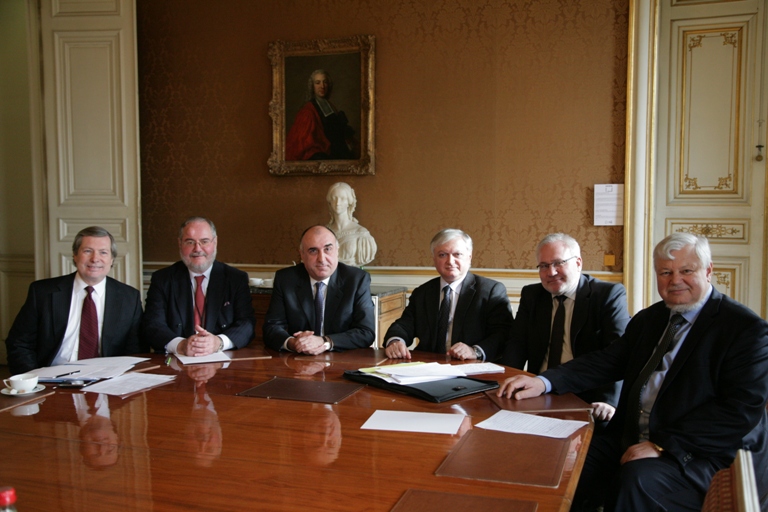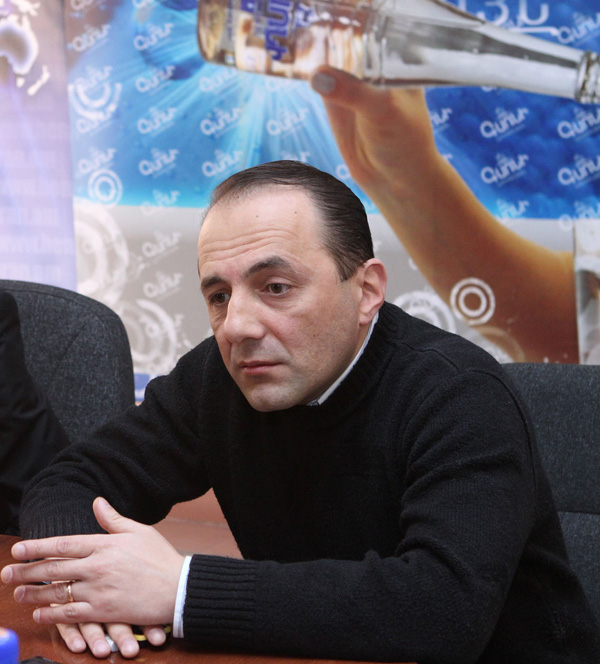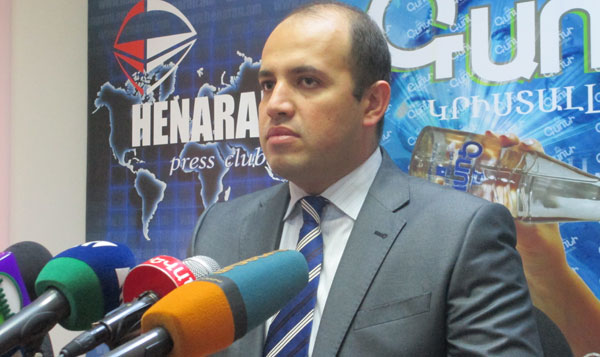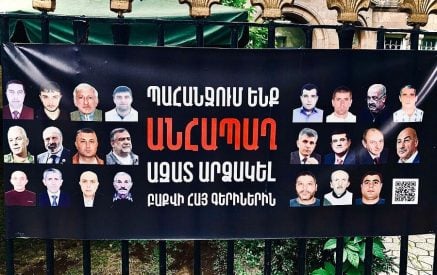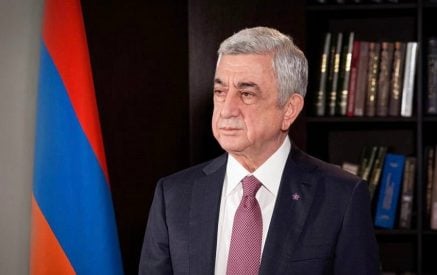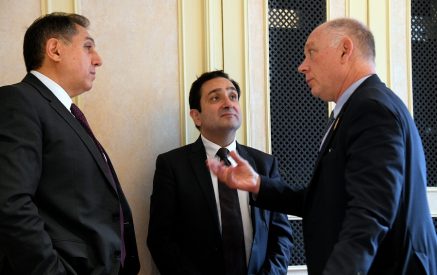After the developments in Ukraine, serious controversies arose between the co-chairs of the OSCE Minsk Group. There are serious concerns that this contradiction will have its negative impact on the processes taking place within the framework of the Minsk Group with regard to Karabakh conflict settlement.
To the question of Aravot.am of whether the existing contradictions between the co-chairs will not adversely affect the work of the co-chairs in the settlement process of the Nagorno-Karabakh conflict, the expert of the “Center for Political and International Studies”, Ruben Mehrabyan, responded as follows, “Especially after yesterday’s unsuccessfully ended negotiation between Lavrov and Kerry, we can say that all the platforms where hitherto the co-chairs are cooperating, including the Nagorno-Karabakh conflict, the relationships in the OSCE Minsk Group can be materially undergoing changes.” According to Ruben Mehrabyan, “especially in the territory of post-Soviet, there are pronounced differences between Russia and the U.S., and the gap that is available in their perceptions is gradually turning into an abyss.
Read also
Continuing, Mr. Mehrabyan noted, “It should not be excluded, but be considered more likely that this controversies in the Minsk Group engaged in the Karabakh conflict settlement can become aggravated.” The fact of unwillingness of the war is the only common interest, which is beneficial for both Russia, the West, and the United States. To this respect, the expert noted, “Resuming the war in beneficial to Russia, as well as the speedy settlement of the Nagorno-Karabakh conflict is also not in the plans of Russia. The current status quo that is available in the Karabakh conflict is beneficial to Russia: it is the painless and less expensive option in the region.” Mr. Mehrabyan does not particularly expect big initiatives from the West. However, in these processes, Mr. Mehrabyan anticipates certain activation, especially due to the planned Aliyev-Sargsyan meeting in these days so that “the conflict does not lose its controllability.” Ruben Mehrabyan meant “activation of contacts, there might be local initiatives, which would have no shaking effect on general overview.” The other group of political scientists thinks that the ideological contradictions of co-chairs can not have a great impact on the developments in the South Caucasus. The political analyst Hrant Melik-Shahnazaryan expressed the following opinion in this respect, “No one needs destabilization in the South Caucasus. This is also evidenced by the record of an American co-chair in the Twitter, according to which, despite the contradictions, the United States and Russia are able to cooperate in the South Caucasus. Destabilization of the situation in the South Caucasus may result in unwanted hostilities. From this view, overall stability, the status quo is beneficial to all parties. In case of stability, the United States and the West obtain the opportunity to take the advantage of this situation and to organize safe transportation of oil and gas resources to Europe. In this background, Russia has managed to maintain the ratio of forces in the South Caucasus. Ultimately, destabilization can have a chain reaction: Chechnya and so on.”
Tatev HARUTYUNYAN




















































